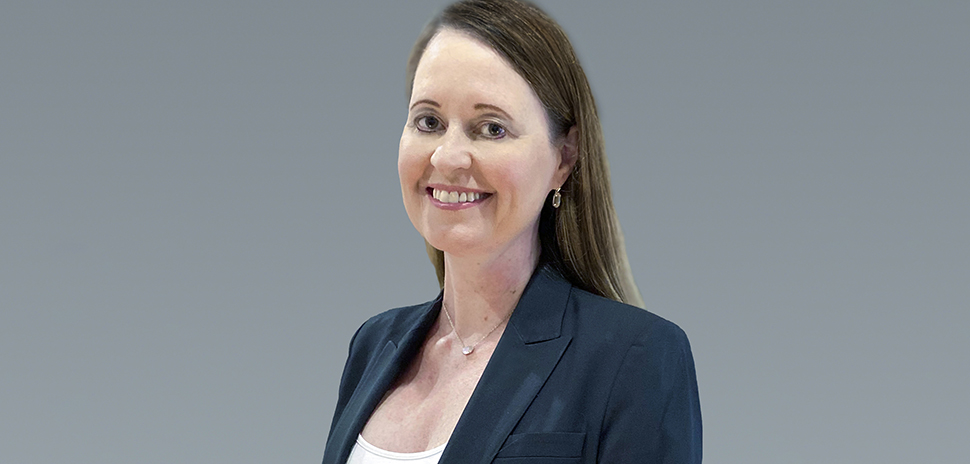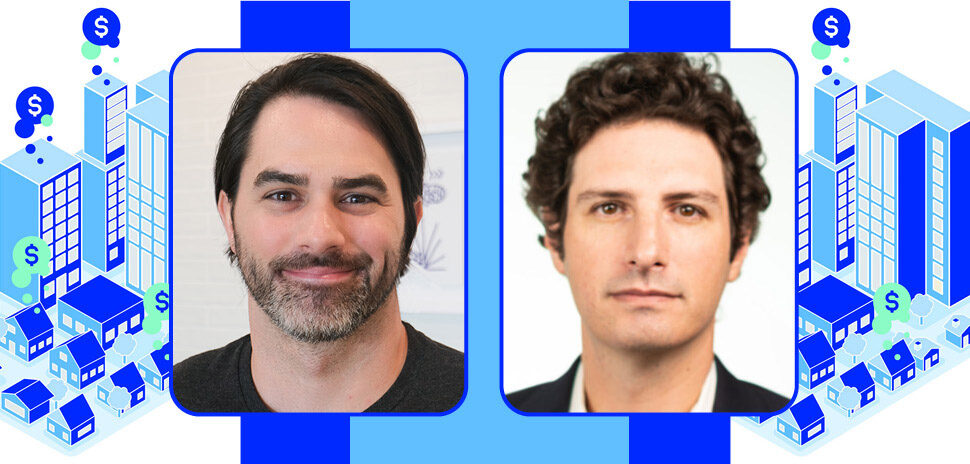The DFW real estate market is well-positioned to recover from the pandemic, says Maureen Kelly Cooper. But changes in the office sector are still to be reckoned with—including reimagined workspaces and flexible work-from-home schedules. Meanwhile, the demand for industrial product remains strong from both a leasing and capital markets perspective. And, she says, the increasing shift to online retail is driving demand for distribution space, ensuring strong investor interest.
Kelly Cooper, who is executive director at Cushman & Wakefield, recently represented the Lewisville Independent School District in selling a large portfolio of land parcels. Developers will bring more than 70 new homes to each of four land parcels located in Highland Village, Carrollton, Lewisville, and The Colony that together total nearly 95 acres.
Kelly Cooper is among the commercial real estate experts in our feature, “21 On 2021.” She shares her outlook on what’s next in a Q&A.
 What long-term changes do you see coming out of the pandemic?
What long-term changes do you see coming out of the pandemic?
I believe office space will be reimagined. We’ve spent the last 10-plus years densifying office space—and having most employees in the office Monday through Friday. Office space will very much be in demand, but will look somewhat different than it does today. The importance of mentoring, exposure to culture, and teaming can be accomplished so much better in an office environment than remotely. Therefore, offices will be designed to support and enhance these attributes. Companies will be more willing to provide flexible work schedules of two to three days in the office and two to three days working from home. However, when employees are in the office, it will be important for culture and relationship building to be absorbed in a limited time period. Therefore, the office will include larger teaming rooms and areas where a company’s culture can be absorbed.
How are you addressing the uncertainty in the economy with investors?
As the majority of our clients are corporate in nature, I’ll address this question from the perspective of a corporation that occupies real estate. As businesses look for alternative forms of financing and methods of raising cash, many with owned real estate have explored sale-leasebacks, synthetic leases, vacant building sales, and selling excess land. Whether the product is office, industrial, surplus land, we’ve seen increased interest in using real estate as an alternative source of liquidity for companies. My team is advising clients on their financing and capital-raising options, keeping them informed on the state of the capital markets and assisting them on executing transactions that meet their timing and financial goals.
What opportunities and challenges do you see ahead in 2021?
The single-tenant net leased asset sector will continue to be a strong asset class in the next year for those companies that have good underlying financials. In addition, investment grade companies will look to execute synthetic leases to achieve a low cost of capital as well as minimal balance sheet impact. However, companies that are struggling financially and are located in tertiary real estate markets will not be able to capitalize on the strong investor demand for the single-tenant net lease asset market.
What asset classes do you see emerging strongly from the pandemic? Which will lag?
Despite the recession, the demand for industrial product, from both a leasing and capital markets perspective, remains strong. The shift to online retail has been accelerated during the pandemic, driving demand for distribution space and ensuring that investor interest in this product type remains strong—especially for long-term, net leased assets. Certain sectors of retail were struggling before the pandemic and will continue to lag post pandemic.
The interview has been edited for brevity and clarity. A version of this story first published in the Fall 2020 edition of the Dallas-Fort Worth Real Estate Review.
Sandra Engelland contributed to this report.
Read the digital edition of Dallas Innovates’ sister publication, the Real Estate Review, on Issuu.
Sign up for the digital alert here.
![]()
Get on the list.
Dallas Innovates, every day.
Sign up to keep your eye on what’s new and next in Dallas-Fort Worth, every day.

































































